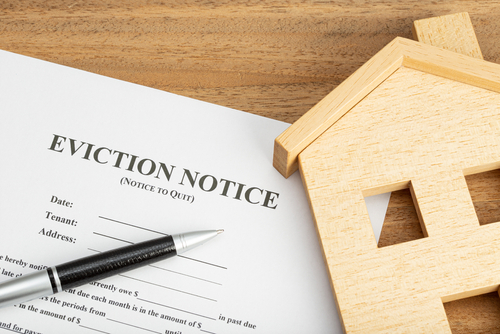
There’s been a big rise in the number of companies set up to hold buy to let, according to a survey by Hamptons lettings agency.
The number has doubled in the past five years and now stands at over 300,000, a rise which Hamptons puts down to being primarily driven by existing landlords moving properties from personal to company names to reap the tax benefits.
However, with corporation tax now rising to 25 per cent next April - following the flip-flop U-turns of the Liz Truss premiership - there may be uncertainty over the scale of future tax advantage that comes with incorporation.
Hamptons says that the shift until now at least has been underpinned by interest rates recently rising to 6.0 per cent which mean the average higher rate taxpaying landlord with property in their personal name may face paying a £1,716 annual tax bill despite making a loss of £2,479.
But the agency admits that the same landlord with a property held in a company structure would not pay any tax, limiting their annual loss to £1,604. A lower rate taxpayer would face a loss of £763.
“However, with rates above 5.0 per cent, it’s likely that even limited company landlords could fall into the red when re-mortgaging or making a new purchase” the agency warns.
Aneisha Beveridge, head of research at Hamptons, says: “The record number of landlords now holding properties in a company means it’s rapidly becoming mainstream among investors. The number of new incorporations is likely to remain relatively high over the next 12 months on the back of the stamp duty cut which saves the average investor just under £2,000 when moving a buy to let from personal to company names.
“But the big driver is the financial advantage of being able to offset mortgage payments as interest rates rise. This means that limited company investors stand a better chance of turning a profit in a world where mortgaged landlords are coming under increasing pressure.”















%20-%20IMAGE%20Client%20Accounting%20%E2%80%93%20what%20are%20your%20options.jpg)





Join the conversation
Be the first to comment (please use the comment box below)
Please login to comment